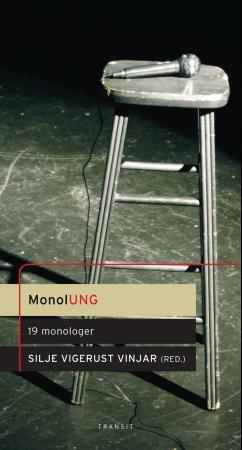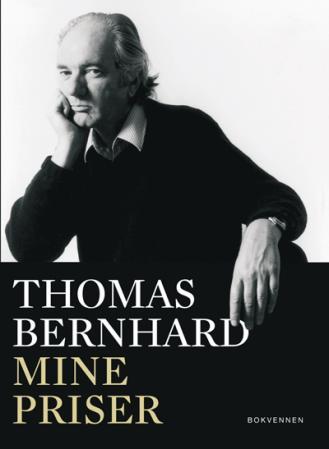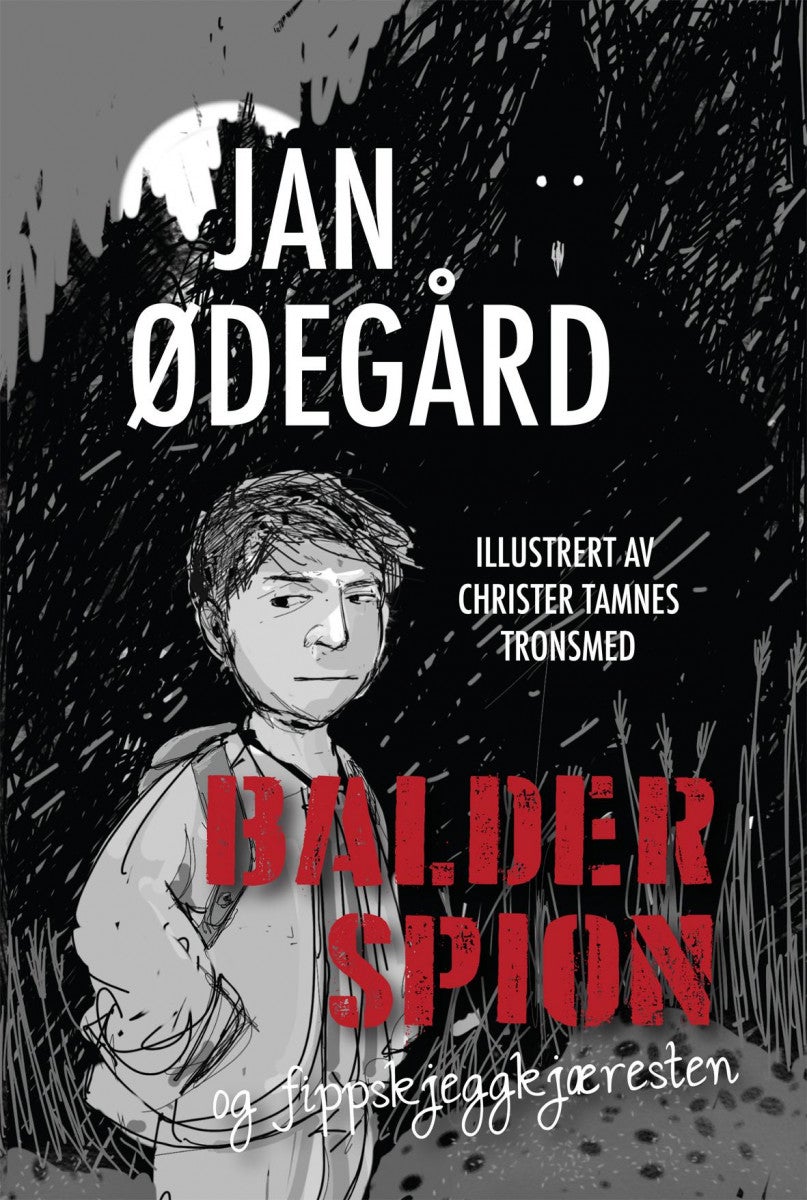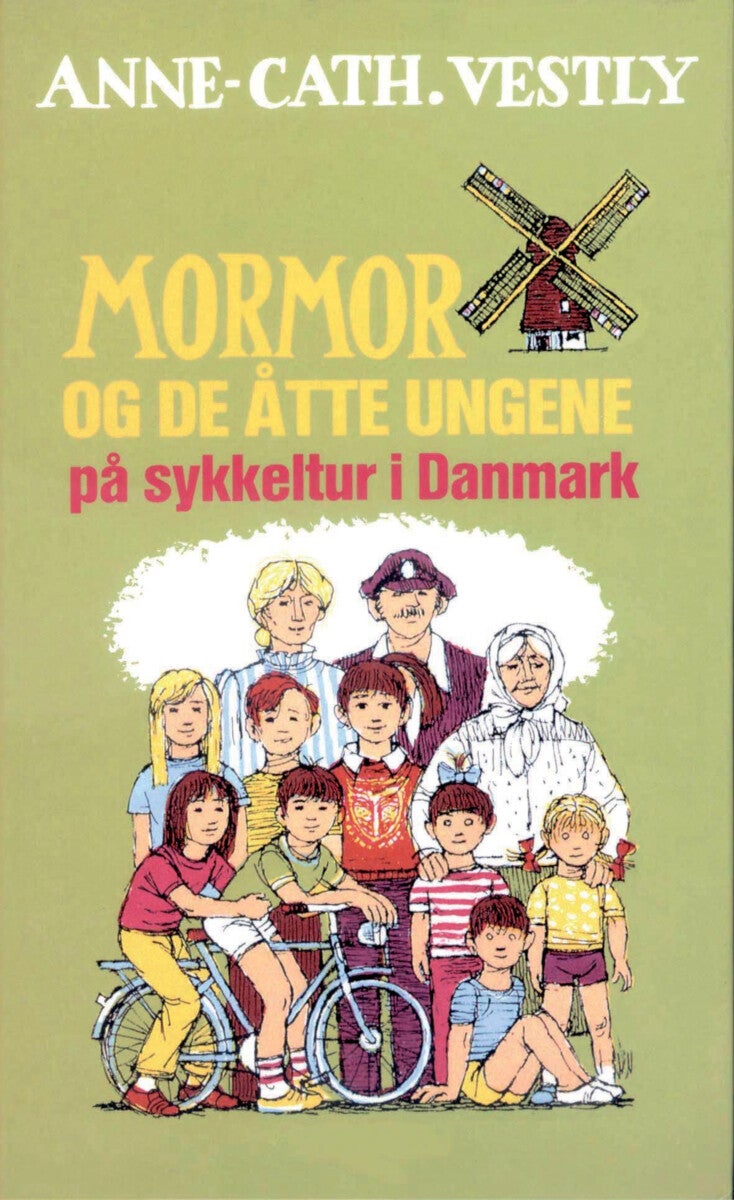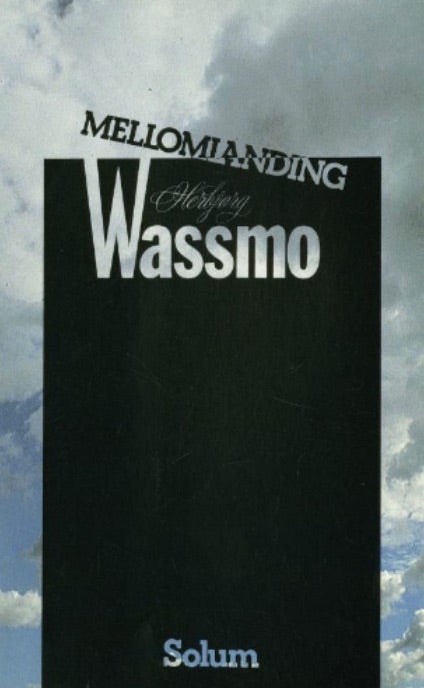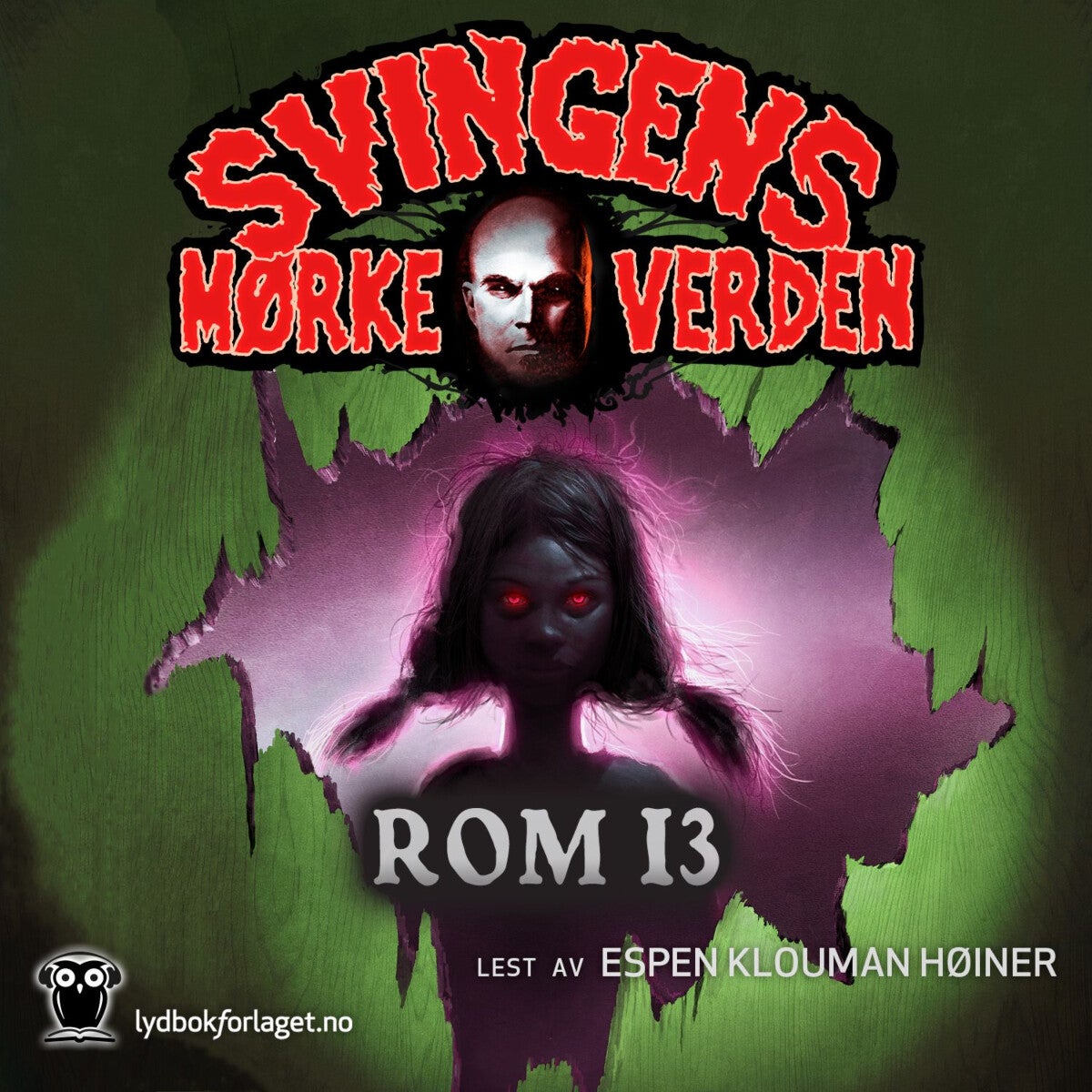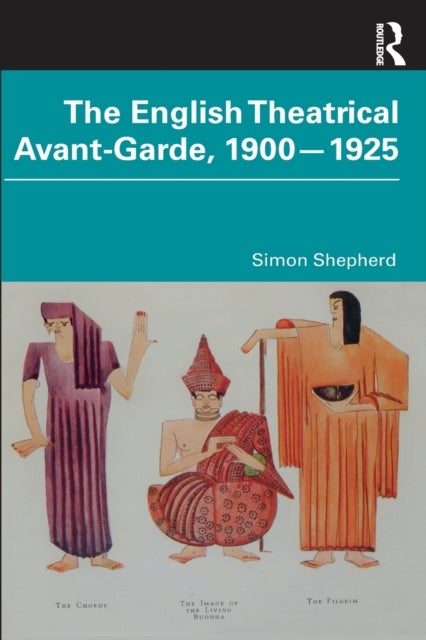
The English Theatrical Avant-Garde 1900-1925 av Simon (Central School of Speech and Drama London UK) Shepherd
449,-
<P><EM>The English Theatrical Avant-Garde, 1900¿1925</EM> unearths an extensive range of hitherto forgotten or ignored theatre practices. In doing so it reveals some of the well-known figures of the early twentieth-century English theatre in a strikingly new light. It fluently describes an intensity of innovation and experiment that together made the Edwardian theatre rather more radical, and rather more queer, than we¿ve ever thought.</P><P></P><P>Where the majority of writing on the early twentieth-century theatrical avant-garde is concerned with European movements and experiments, English activity of the period is often seen as parochial and conservative ¿ mainly realism and issues-based drama. This book presents a new model of how avant-gardes might work; a model based not on masculine individualism but on communal inclusion. In describing this fascinating material, the author introduces us to many new figures and shows familiar ones in different ways: there¿s Florence Farr, indepe

